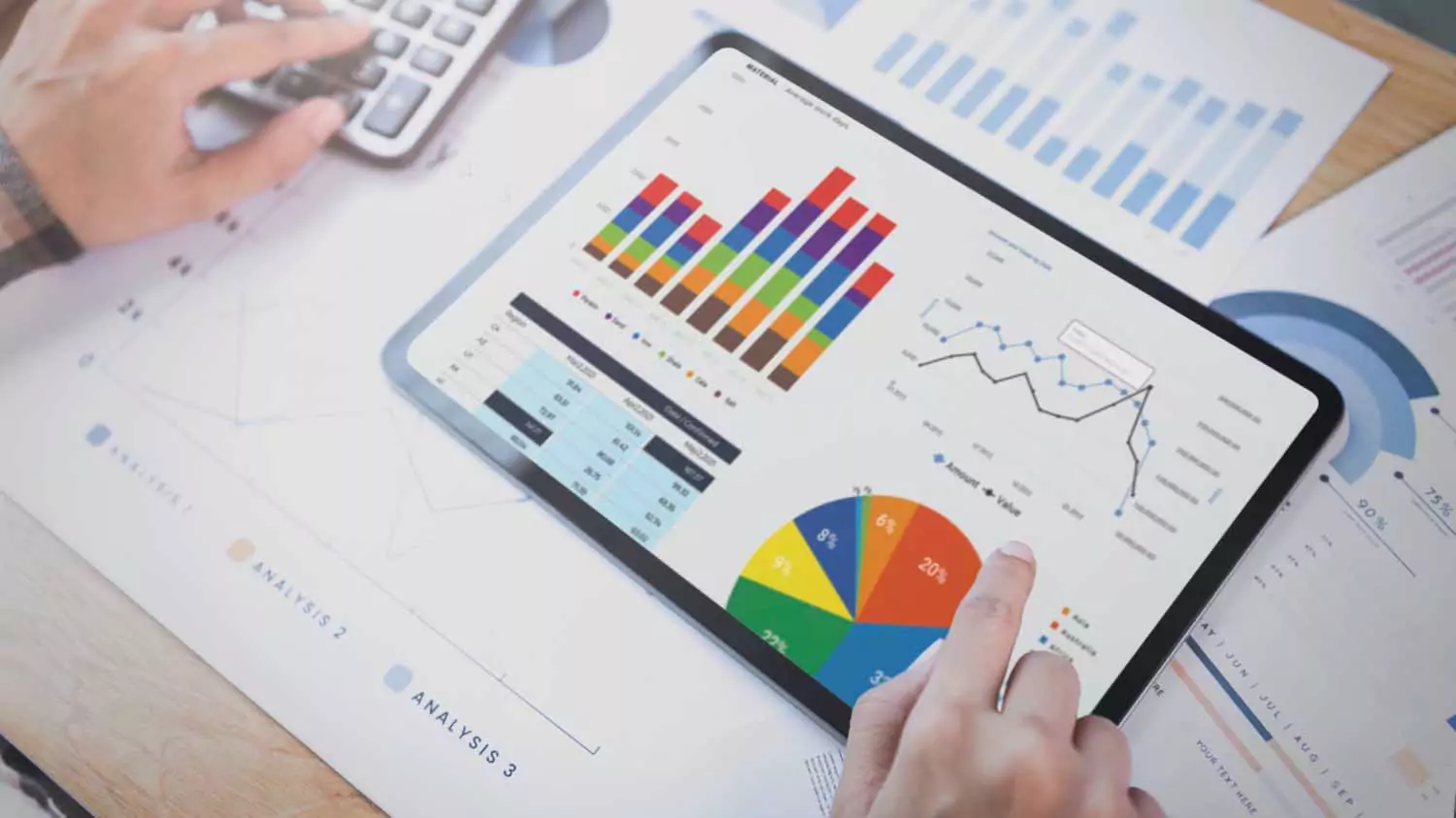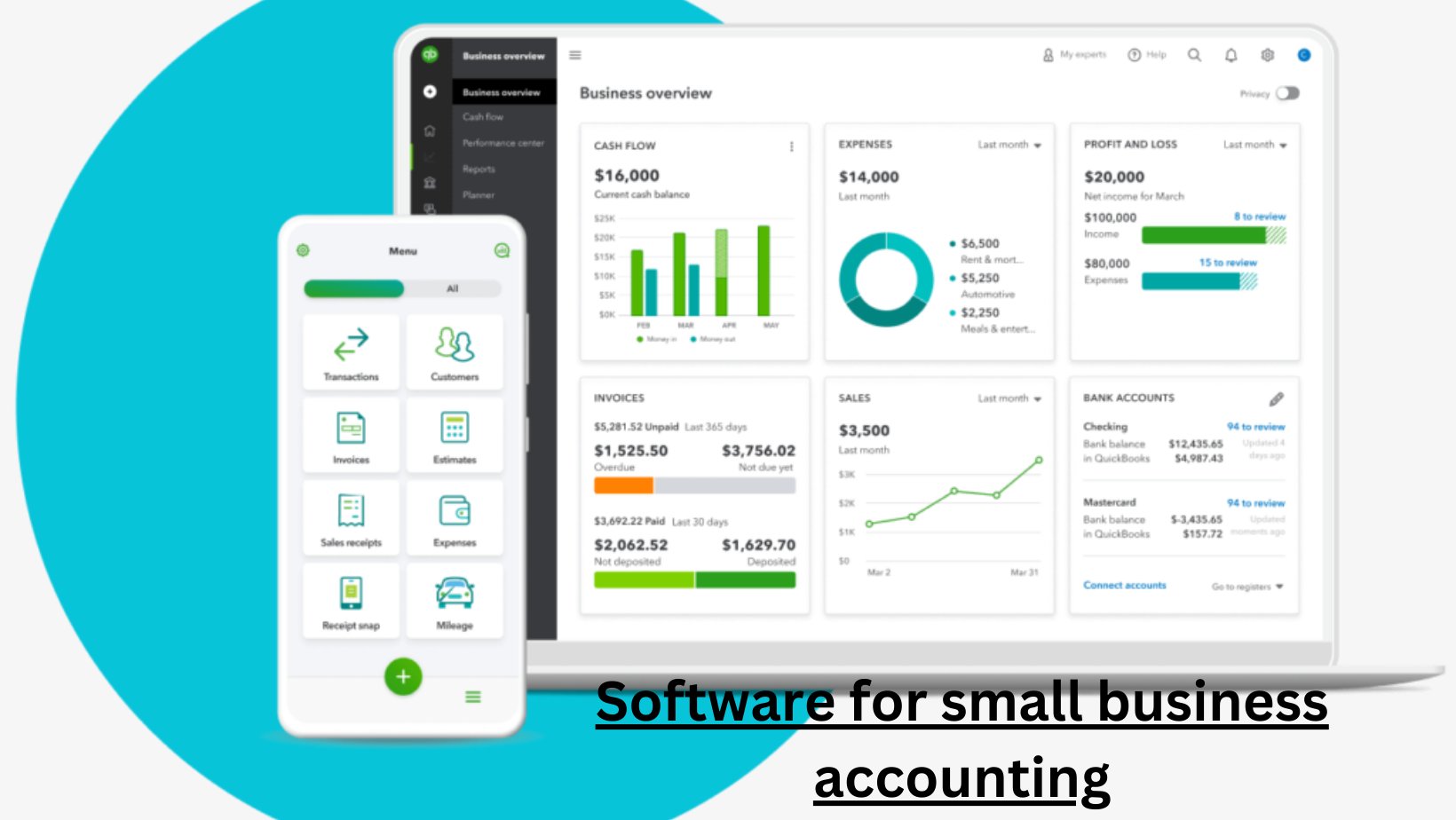Software for small business Accounting is the backbone of any business, ensuring financial health and compliance with regulations. For small businesses, efficient accounting can make the difference between success and failure. The choice of accounting software plays a crucial role in this process, offering tools to manage finances, streamline operations, and provide valuable insights. This article explores the best software for small business accounting, suitable systems, commonly used software, the necessity of accounting software, and more.
What’s the Best Software for Small Business Accounting?
The best accounting software for small businesses varies based on specific needs, industry, and budget. Here are some top contenders:
- QuickBooks Online
- Pros: User-friendly, scalable, integrates with various apps, robust features for invoicing, payroll, and inventory management.
- Cons: Can be expensive, especially for advanced features and additional users.
- Xero
- Pros: Excellent for collaboration, integrates with over 800 apps, strong reporting tools, and inventory management.
- Cons: Steeper learning curve, limited customer support options.
- FreshBooks
- Pros: Great for invoicing and expense tracking, user-friendly interface, strong customer support.
- Cons: Limited features for inventory management, less comprehensive than some competitors.
- Wave Accounting
- Pros: Free, includes invoicing and receipt scanning, good for freelancers and very small businesses.
- Cons: Limited scalability, fewer features than paid software.
- Zoho Books
- Pros: Affordable, integrates with Zoho suite, comprehensive features including project management.
- Cons: Can be complex to set up, limited third-party integrations.
Which System of Accounting is Suitable for Small Business?
Small businesses typically choose between two main accounting systems:
- Cash Basis Accounting
- Suitable for: Small businesses with straightforward financial transactions.
- Pros: Simpler to implement and understand, recognizes revenue and expenses only when money changes hands.
- Cons: This may not provide an accurate financial picture over time.
- Accrual Basis Accounting
- Suitable for: Businesses with more complex transactions, inventory, or those seeking a more accurate financial picture.
- Pros: Provides a more accurate view of financial health, and matches revenues with expenses.
- Cons: More complex to implement, requires tracking of receivables and payables.
What Software is Used for Small Business?
Several software solutions are popular among small businesses, including:
- QuickBooks Online: Widely used for its versatility and comprehensive features.
- Xero: Preferred for its strong collaborative tools and integration capabilities.
- FreshBooks: Favored by freelancers and service-based businesses for its invoicing and expense tracking.
- Wave Accounting: Popular for being a free solution for very small businesses.
- Zoho Books: Chosen for its affordability and integration with Zoho’s ecosystem.
Does a Small Business Need Accounting Software?
Yes, accounting software is highly beneficial for small businesses. Here’s why:
- Efficiency: Automates repetitive tasks, saving time and reducing errors.
- Accuracy: Minimizes human error in calculations and data entry.
- Compliance: Helps ensure adherence to tax regulations and deadlines.
- Insights: Provides valuable financial reports and insights for decision-making.
- Scalability: Supports business growth by handling increased transactions and complexities.
Best Free Accounting Software for Small Business
- Wave Accounting
- Free accounting software with invoicing, expense tracking, and receipt scanning.
- GnuCash
- Open-source software offering double-entry accounting, suitable for small businesses.
- ZipBooks
- The free plan includes invoicing, basic reporting, and expense tracking.
Top 10 Accounting Software for Small Businesses
- QuickBooks Online
- Xero
- FreshBooks
- Wave Accounting
- Zoho Books
- Sage Business Cloud Accounting
- Kashoo
- FreeAgent
- KashFlow
- OneUp
Desktop Accounting Software for Small Business
- QuickBooks Desktop
- Robust features, suitable for businesses preferring offline access.
- Sage 50cloud
- Combines desktop and cloud functionality, and comprehensive features.
- AccountEdge Pro
- Strong inventory and payroll features, good for offline access.
Best Software for Small Business Accounting
Based on different needs:
- Best Overall: QuickBooks Online
- Best for Collaboration: Xero
- Best for Freelancers: FreshBooks
- Best Free Option: Wave Accounting
- Best for Affordability: Zoho Books
Free Software for Small Business Accounting
- Wave Accounting
- Completely free with essential features.
- ZipBooks
- Free plan with invoicing and basic features.
- GnuCash
- Open-source with a range of features for small businesses.

- Open-source with a range of features for small businesses.
Offline Accounting Software
- QuickBooks Desktop
- Provides extensive offline accounting capabilities.
- Sage 50cloud
- Offers desktop software with optional cloud connectivity.
Software for Small Business Accounting Free Download
- GnuCash
- Available for free download, open-source accounting software.
- TurboCASH
- Another open-source option is available for free download.
Conclusion
Choosing the right accounting software for a small business depends on specific needs, industry, and budget. Whether opting for a free solution like Wave Accounting or a more comprehensive tool like QuickBooks Online, the right software can streamline operations, ensure accuracy, and provide valuable financial insights. By considering the unique requirements of your business, you can select the most suitable accounting system and software to support your financial management and growth.
